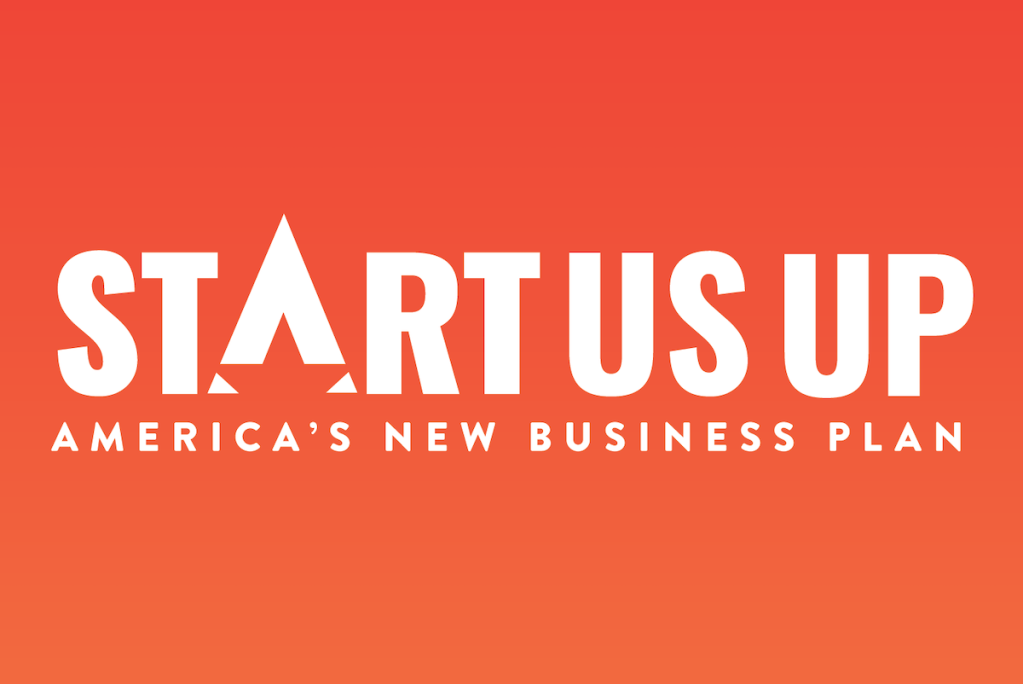Last week, entrepreneurs across the world were recognized as Global Entrepreneurship Network hosted Global Entrepreneurship Week, a celebration that spanned 180 countries, featured 20,000 activities, and included 10 million participants.
GEN President Jonathan Ortmans opened the week-long global event with a speech, emphasizing the role of entrepreneurs in tackling the most pressing issues facing the world today:
“In these uncertain and unpredictable times, entrepreneurs are vital to the future successes of our society. They are more than glass-half-full optimists — they are natural leaders made for times like these. While some of us get frightened during uncertain times, entrepreneurs thrive on disruption and overnight changes in the rules. They see hundreds of thousands of possibilities, countless solutions to test, and a lot of work to be done. We need more entrepreneurs in the world — people with the aptitude, courage and resilience to help us innovate our way through challenges.”
And while the world needs entrepreneurs, entrepreneurs need support — in the U.S. and in countries across the globe. As we look back on GEW, it is critical policymakers continue to invest in the future of entrepreneurship.
Entrepreneurship Can Move Us Closer to Inclusive Prosperity – Here’s Why that Matters
Philip Gaskin, Vice President of Entrepreneurship at the Kauffman Foundation, contributed to GEN’s Global Entrepreneurship Week coverage with a post about Inclusive Prosperity — emphasizing that “the economy is not a zero-sum game.” Gaskin asks readers to “imagine the growth that might be unleashed by getting more people of color and women into the game,” and points to the policies in America’s New Business Plan as the type of solutions “needed to change the direction of our economies and workforce.”
The Pandemic’s Silver Lining: The Surge in Entrepreneurship
Karen Kerrigan, President and CEO of the Small Business and Entrepreneurship Council, was also featured in GEN’s series, bringing attention to “16 straight months of applications running far ahead of where they were before the pandemic struck.” She writes that “sound public policy can and must support these new entrepreneurs and those with startup ambitions,” pointing to a growing crowdfunding landscape as an example of regulatory improvements. But she also emphasizes the challenge of “hyper-aggressive” regulation and the need to ensure entrepreneurs are represented in policy discussions.
Digitalizing Away Red Tape – Reducing Barriers Through Online Administrative Portals
GEN’s blog also featured a #GEWPolicy series, “putting a spotlight on policies designed to help entrepreneurs start and scale.” Frank Grozel of the UN Conference on Trade and Development highlighted UNCTAD’s work — in partnership with GEN — to build “digital government platforms that help governments simplify and automate administrative procedures so that anyone anywhere can access the services they need.” The post, which references the aligned ANBP recommendation on streamlining the process of starting a new business, points to the benefits of the process:
“In addition to creating a more level playing field by reducing red tape, and helping governments reform outdated and unnecessary regulations, implementing the (Business Facilitation Program) leads to more transparent procedures, better access to public information, and simpler, more streamlined processes.”
We encourage you to read more about UNCTAD’s to “digitalize away red tape,” as well explore other entries in the #GEWPolicy series, including:
- Discussion of non-compete reform in Labor Market Fluidity and Entrepreneurship,
- Analysis of safety net supports in French Unemployment Law Supports Startups,
- And more!

